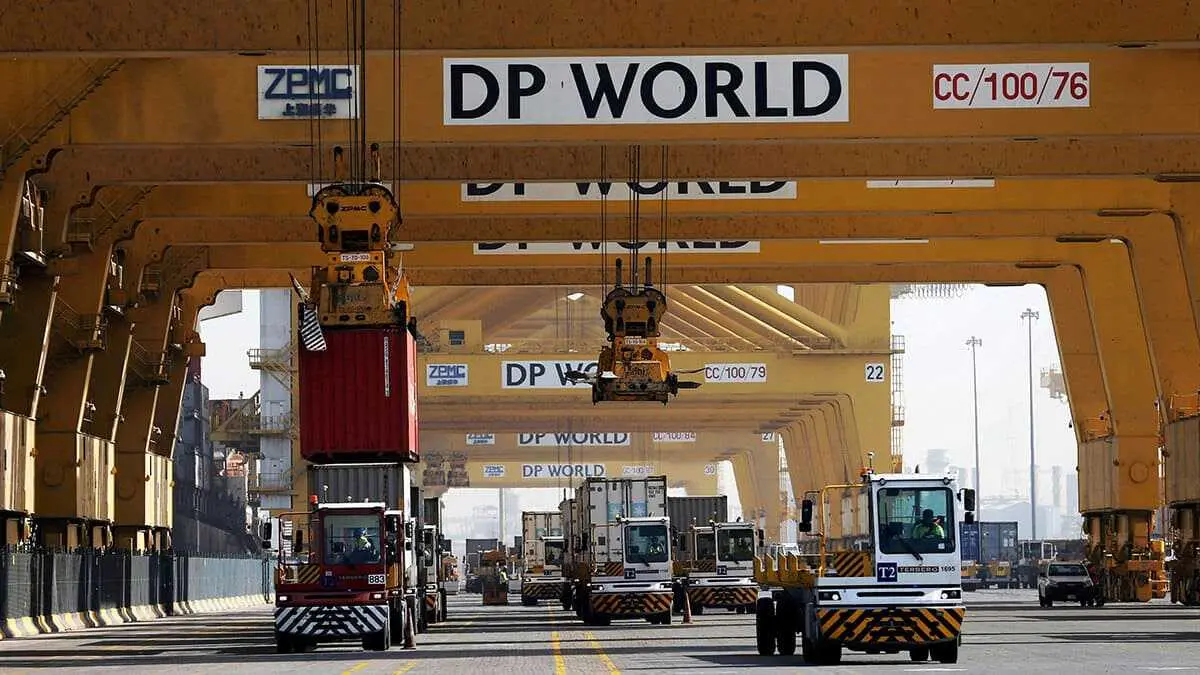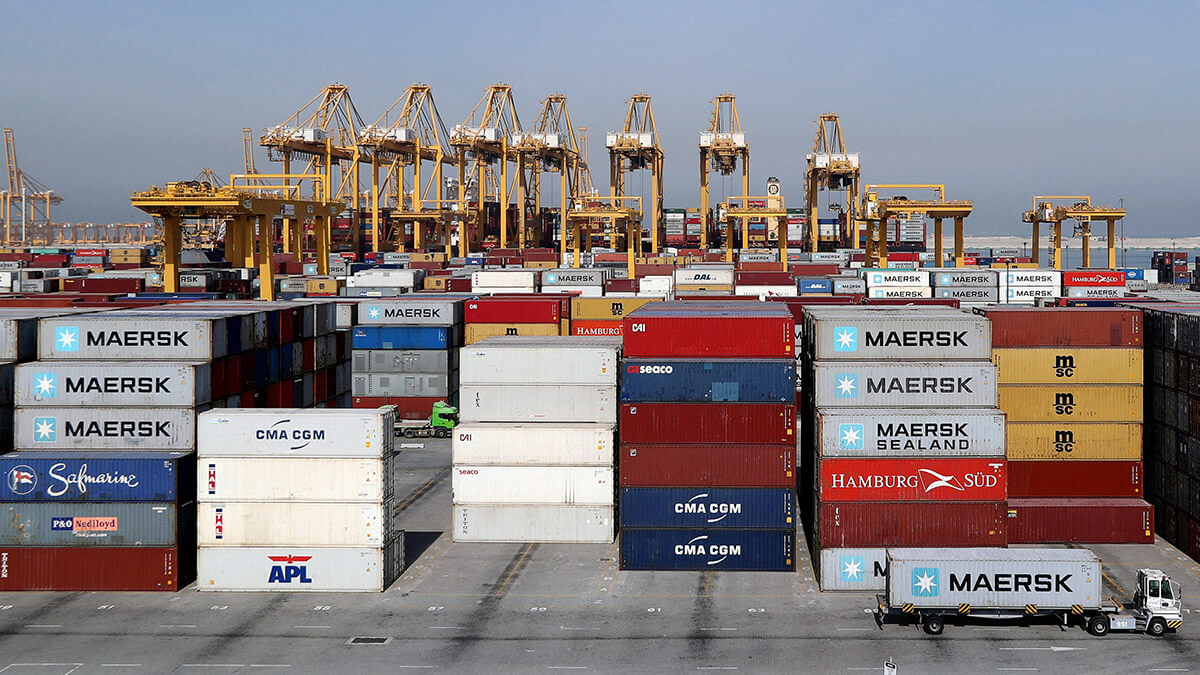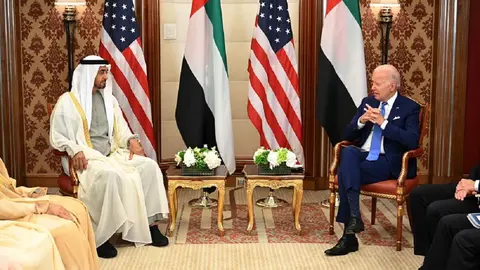UAE signs trade agreement with Eurasian Economic Union

This Comprehensive Economic Partnership Agreement is part of the Gulf state's efforts to diversify its economy and reduce dependence on fossil fuel revenues such as oil.
The agreement includes the five member states of the Eurasian Economic Union (Armenia, Belarus, Kazakhstan, Kyrgyzstan and Russia) with which the UAE maintains relations, despite the war launched by Russia against Ukraine in February 2022.
As indicated by the Eurasian Economic Commission (EEC), the agreement will have to undergo the relevant intra-state concordance procedures before being signed.
UAE economic agreements
The UAE has signed similar agreements with countries such as India, Turkey, Kenya and Japan as part of its strategy to enhance its foreign trade as part of its long-term economic agenda.
So far, six agreements have already entered into force under the Comprehensive Economic Partnership Agreements Programme, while nine other agreements that have already been formally signed are awaiting the completion of ratification procedures.
On 1 November, the founding countries of Mercosur (Argentina, Brazil, Paraguay and Uruguay) made progress in the course of the third round of negotiations with the United Arab Emirates, and are moving closer to the eventual signing of the EPA Agreement.
It should be noted that South America already has an economic agreement with the United Arab Emirates, following the signing of the EPA Agreement with Chile, which is an important milestone in strategic cooperation.

Trade diversification
According to official sources, the volume of bilateral non-oil trade between the UAE and Eurasian Economic Union countries reached $13.7 billion during the first half of 2024, an increase of 30% compared to the same period last year.
UAE Minister of State for Foreign Trade Thani bin Ahmed Al-Zeyoudi said in a statement that ‘the Eurasian Economic Union represents a tremendous opportunity for our private sector’.
This is because the EEU has a combined population of some 200 million people and a GDP of close to $5 trillion. In addition, the Emirates and its growing network of global trading partners offer UEE exporters agile access to competitive and fast-growing markets.
Zeyoudi explained that reaching the final terms of the partnership agreement with the Eurasian Economic Union reflects the UAE's vision of the importance of expanding the scope of global trade and opening new horizons for it as a basic pillar of economic growth and cooperation.
He also stressed that relations between the two sides are based on a shared long-term commitment to economic growth and diversification, and that the successful conclusion of the Economic Partnership Agreement negotiations enhances cooperation. This is intended to improve access to competitive and fast-growing markets in regions such as the Middle East, Africa, Asia and South America.
Benefit of bilateral trade agreements
Trade agreements signed by the UAE have led to record non-oil trade of Dh1.4 trillion ($381.2 billion) during the first half of 2024, an increase of more than 11 per cent year-on-year.
Andrei Slepnev, the EEC's trade minister, emphasised that the agreement contributes to deepening trade relations, improving market access and removing barriers to non-oil goods.
Al-Zeyoudi also mentioned that ‘this EPA agreement signed with the EEU deepens vital ties between the Gulf region and Eurasia, and we look forward to seeing the tangible benefits of our closer ties unfold.
There is currently increasing competition between the UAE and Saudi Arabia, particularly in the economic area, and the UAE is seeking to diversify and be more liberal in the terms of free trade negotiations.










